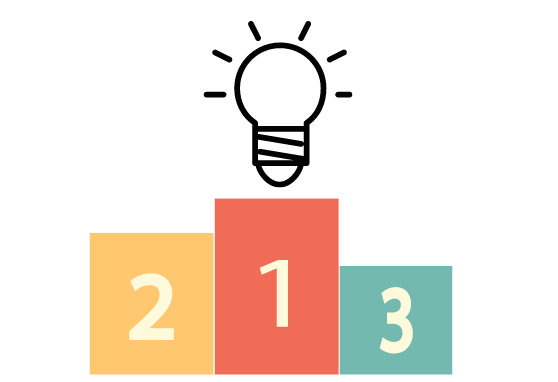Class Ranks: Could They Be Changing?

THE ALGONQUIN HARBINGER
December 18, 2017
Class ranks: a quintessential part of high school. Right? Well, this could be changing. Class ranks create even more pressure on a high schooler, and people are starting to consider if they are really necessary.
In October of this year, Pentucket seniors got their class ranks on Naviance.com. Students were only informed of their personal class rank, however news spreads very quickly in high school.
People had mixed feeling about their personal class rank and class ranks in general. Two seniors, when interviewed, showed dramatically different opinions on GPAs and class ranks. A female senior, who chose to stay anonymous, stated that “A lot of my friends have good ranks, and like I know that they stayed up late, you know working hard, doing projects, staying after with teachers, and I feel like after 3 years of doing that, it just shows like you worked hard and now you have this number to prove it.” GPAs and class rank are an ideal way to show students how hard they worked and that it did pay off.
When Pentucket senior Max Masterson, was asked how he felt when he saw his class rank he said that he “wasn’t really surprised, just because I’m not that good of a student, but it is kind of degrading just knowing that there are so many people in front of you.” So, even though class ranks can act as a confidence boosters for the top students of the class, for the others, such as Masterson, it can be demeaning and has side effects on someone’s confidence and overall mental state.
However, there could be alternatives. While at our school, students get there class rank for the first time their senior year, other school start calculating them as young as freshmen year.
Students goals in highschool should be trying your best in high school and pursuing what you enjoy most and want to make a career out of, whether that is, science and math, english, theatre, engineering, art class and much more. Well, class ranks can have an effect on that. “The End of the Valedictorian? Schools Rethink Class Rankings” by “U.S. News” stated that it is common that class ranks can result in “potentially unhealthy competition and students letting worries about rank drive their course selections.”
According to the article “Rethinking Class Ranking” on Edutopia.org, “With the possible exception of the top-ranked student, class rank does nothing to enhance students’ sense of self-worth, their confidence as learners, or their motivation for learning.” Guidance counselor Matthew A. Smith, via email, made points that contradicted these ideas. He stated that “It is possible that class rank could create a positive academic competition and motivate students to try harder.”
So, the question remains, are there any real benefits from class ranks? While they could be important in college applications, according to the article “The End of the Valedictorian? Schools Rethink Class Rankings” by “U.S. News,” there are often big differences between students’ class ranks and very small differences in GPAs.
While Smith supports class ranks, he wants to take into consideration “that it is important for a school to evolve with the time and to not stay stuck in a system that no longer serves its student population.” Many high schools have changed their ways, according to “Class Rank Weighs Down True Learning” on Edweek.org and instead of having one valedictorian, the school named multiple. The website stated that “this distinction is based on rigorous academic criteria rather than a ranking of classmates.”
As a school, as students, and as a society, we must consider the evolution of grading. Keeping in mind how class ranks have the chance to affect students in harmful ways, hopefully Pentucket can consider alternatives to class ranks.

Nick Bogart • Dec 19, 2017 at 9:48 am
This post is well thought out and has good information.